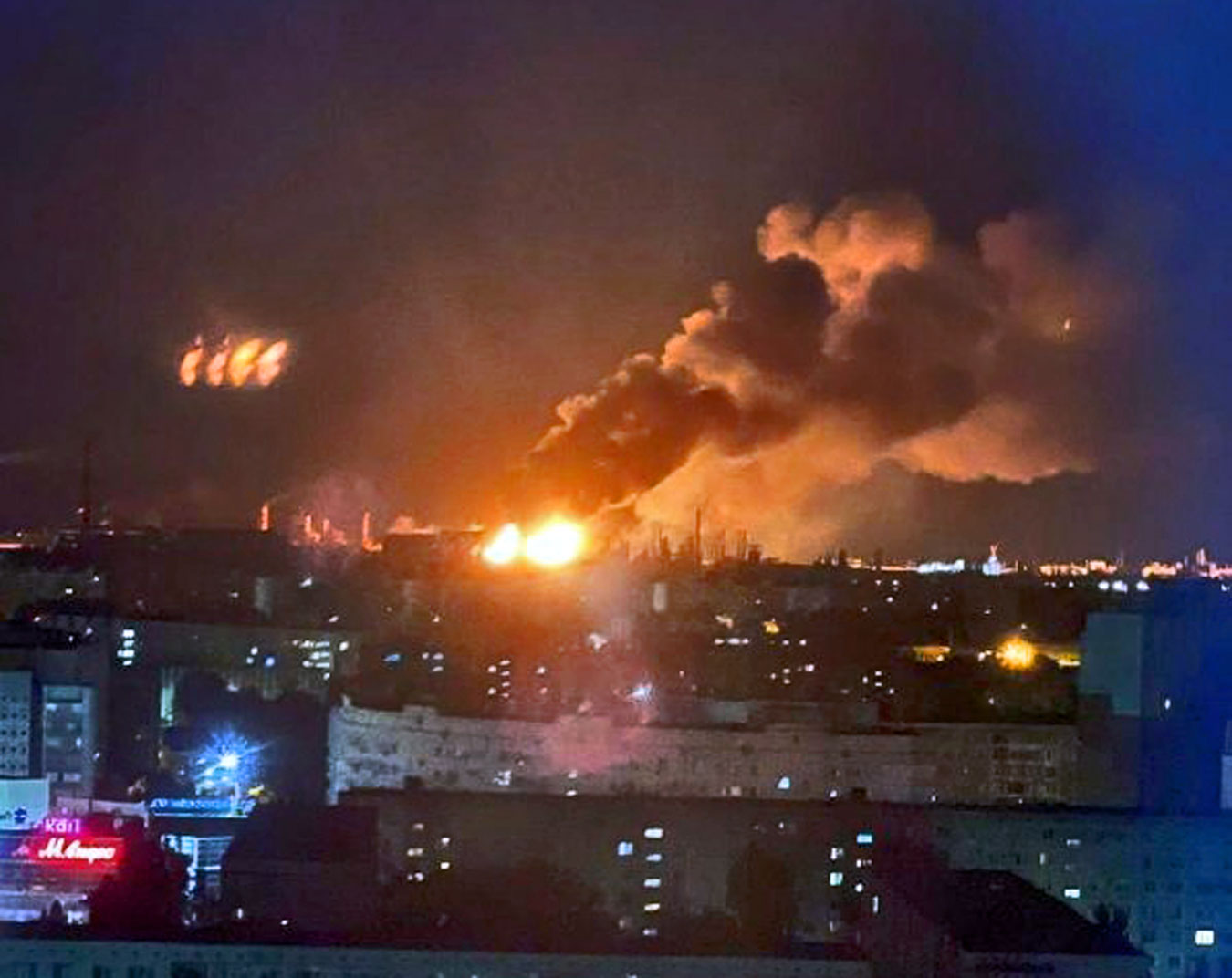In its latest monthly assessment, the International Energy Agency says Ukrainian drone strikes have inflicted long-lasting damage on Russia’s oil sector. According to the Paris-based energy watchdog, refinery processing rates in Russia will remain suppressed until at least mid‑2026 as repeated attacks limit output and revenue.
IEA slashes refinery forecast, warns impact of strikes will last deep into 2026
Bloomberg reports that the International Energy Agency now expects Russia to process just under 5 million barrels of crude oil per day through June 2026. This is a downward revision from earlier expectations of a recovery by year-end.
The agency attributes the change to what it describes as “the increasingly widespread and significant Ukrainian drone campaign against Russian oil refineries and infrastructure.”
Moscow classifies energy data, but fuel crisis deepens
The Russian government has classified key energy data, including refinery runs and gasoline production. Despite the blackout, the IEA’s estimates point to significant losses and a long-term impact on energy output.
Last week, Russian Deputy Prime Minister Alexander Novak claimed the country’s refiners had increased throughput and were balancing domestic supply and demand. However, the IEA’s assessment suggests otherwise.
Oil revenues fall to three-month low despite crude boost
In September, Russia increased its crude oil exports to 5.1 million barrels per day, the highest level since May 2023. But this did not translate into higher revenue. According to IEA estimates, overall oil-export income fell to a three-month low of $13.4 billion.
While crude-export revenue rose by $200 million month-on-month, this was more than offset by a $440 million drop in revenues from oil-product exports. Russian fuel exports fell to 2.4 million barrels per day — the lowest in a decade, excluding April 2020 during the Covid-19 pandemic.




